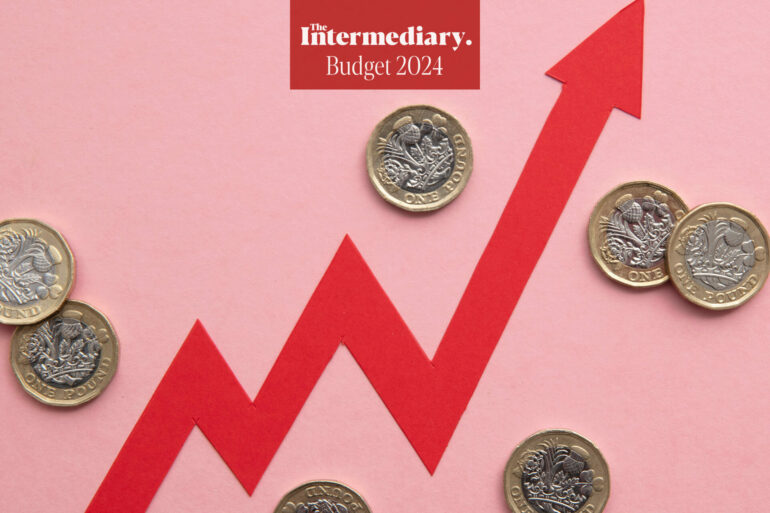Rental prices across the UK have risen sharply over the past year, with expectations for continued growth.
Rents in England rose by 5% in September 2024, according to the latest Goodlord Rental Index. This brought the average rental cost to £1,417, an increase of over £70 compared to September 2023.
While this rise is significant, year-on-year figures have generally been higher throughout the year, with the Index reporting increases of 7% or more in recent months.
The 5% increase in September could indicate that prices are beginning to soften, a trend that may develop as winter approaches.
Softer conditions are common in winter, as fewer market forces drive movement, including university terms and job relocations. People are also less likely to move house just before or after Christmas.
This could lead to a price dip, but it remains uncertain whether the current strength in the market will keep prices higher than usual.
Last December, the average rental cost for a property in England was recorded at £1,147.26. If year-on-year increases continue at around 5%, prices could reach £1,204.62 in December, which would be the highest average rent recorded for that month by a considerable margin.
With the ongoing shortage of one-bedroom homes, the competition among tenants remains intense. Affordability concerns are pushing tenants to search for more budget-friendly options.
Nicky Lloyd, head of ESPC Lettings, said: “Typically, Q4 tends to be the quietest time of the year for the rental market, but this year, there appears to be no softening in demand as we approach the end of the year.
“There is still a shortage of available rental properties in Edinburgh, especially one-bedroom properties; we see a lot of tenants struggling to secure properties of this type.”
Lloyd added: ”We have seen average rents increase significantly in the recent past, but we are beginning to see a hesitancy or an inability from tenants, despite low stocks, to afford these ever-increasing rents.
“This is resulting in a more stable market in terms of the rental rates, which is likely to continue until at least the end of the year.”
The upcoming Budget could play a significant role in shaping the landscape for both landlords and tenants.
Steve Cox, chief commercial officer at Fleet Mortgages, said: “Many landlord borrowers are waiting to see what the Budget holds for them, and whether any further increase in taxation or costs are going to need to be faced, and paid for.
“The next few months promise to be very interesting indeed, especially when we learn the details of the Budget and how it is going to impact landlords.”
Louisa Sedgwick, managing director of mortgages at Paragon Bank provided an overview of the expectations for the market over the winter and the rationale behind it.
Sedgwick said: “October and November are traditionally busy months for the sector before the market quietens down over Christmas.
“We see the strong levels of tenant demand experienced over the past two years carrying on into this quarter, whilst demand from landlords to acquire new property remains healthy, particularly amongst SME Landlords.
“Landlords, however, will clearly be interested to see what the Budget at the end of October brings.
“Profitability is stable, helped by the strong yield performance of many portfolios, with Q2 seeing landlords achieve the highest average returns for six years. Strong tenant demand is central to this.
“Although rates have crept up over the past week or so, influenced by unrest in the Middle East and the approaching Autumn budget, we expect them to continue their overall downward trajectory towards the end of the year and into next, increasing the attractiveness for landlords who want to respond to this demand.”
Martin Sims, distribution director at Molo Finance added: “The Budget will certainly have an impact on the winter lettings landscape, with money being tighter in all quarters.
“The Renters Rights Bill carries a huge weight of expectation to improve and clarify the current system for both the 11 million private renters and 2.3 million landlords in England.
“It will give renters much greater security and stability so they can stay in their homes for longer, build lives in their communities and avoid the risk of homelessness.
“They will also see small wins, such as the uniform acceptance of pets. We should remember that a good landlord will remain a good landlord, and a bad landlord will continue to stretch legislation and guidelines to the full.”
As we approach the end of 2024, the lettings landscape is set to be shaped by these developments, influencing rental prices and market dynamics in the coming months.



